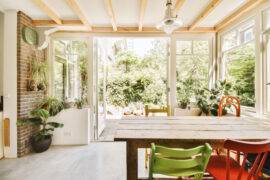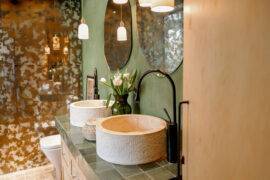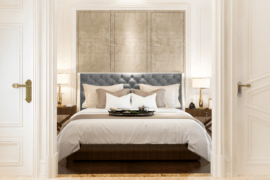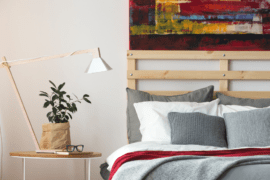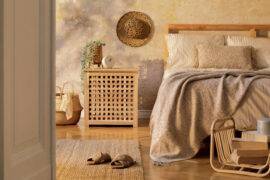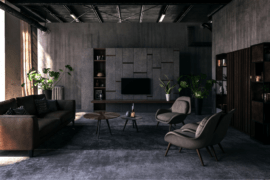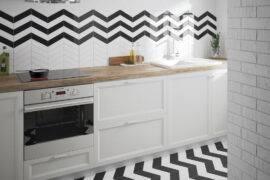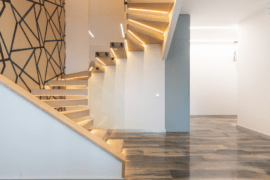Stair railings serve both functional and decorative purposes in a home. They provide safety and support when climbing up and down the stairs while also adding a touch of style to the overall design of the space. With so many options available, it can be overwhelming to choose the perfect stair railing for your home. In this article, we will explore a variety of stair railing ideas that will inspire you to create a unique and stunning staircase.
Metal Railings
One popular trend in stair railing design is the use of metal. From sleek and modern stainless steel to rustic wrought iron, metal railings can add an industrial or elegant touch to your stairs.
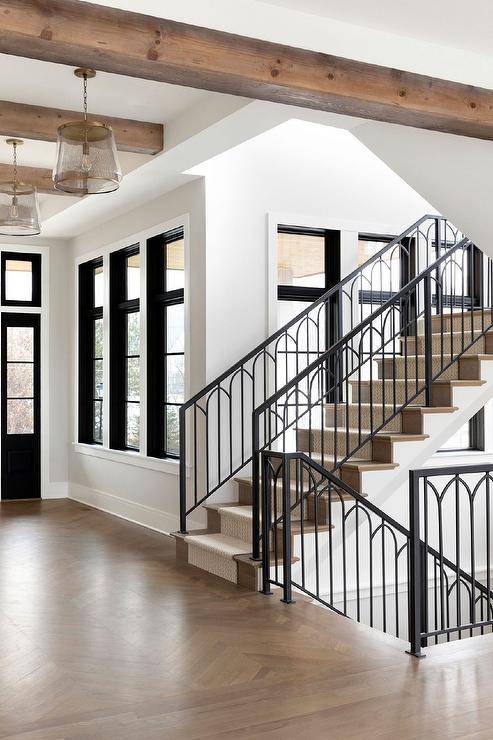
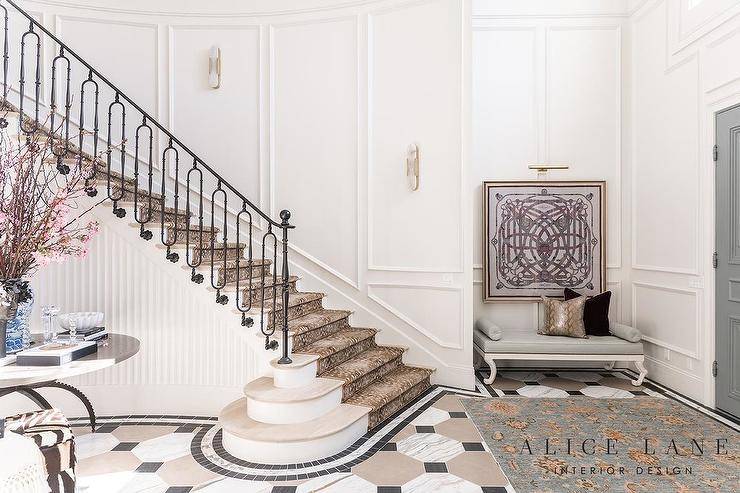
For a contemporary look, consider a simple and minimalist metal railing with clean lines and no adornments. On the other hand, if you want to add some flair, opt for a more ornate wrought iron railing with intricate designs and scrollwork.
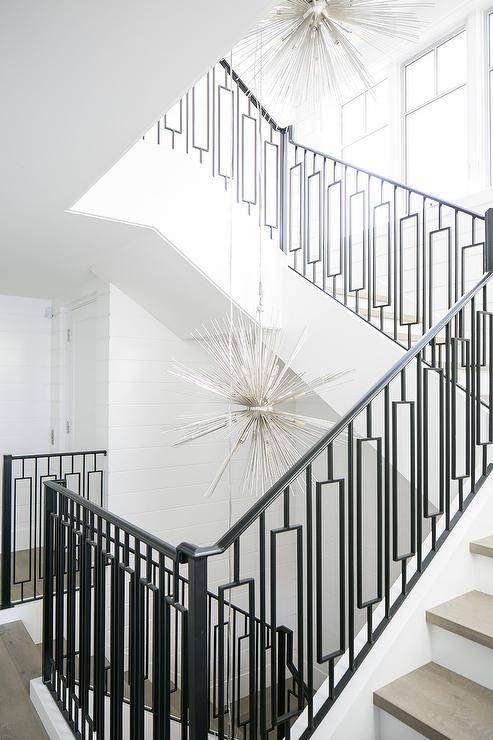
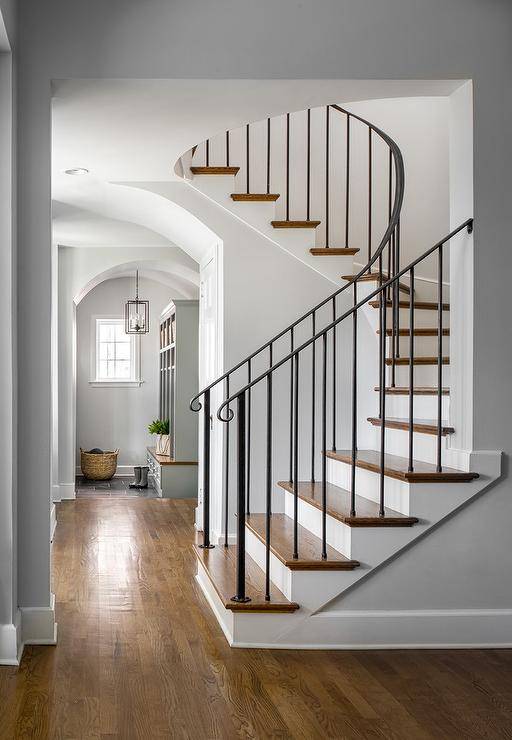
Wood Railings
Another popular material for stair railings is wood. Wood railings can range from classic and traditional to modern and sleek.
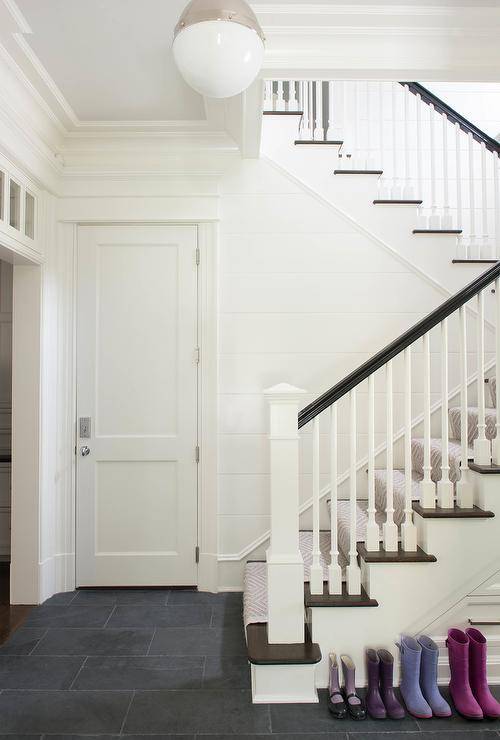
For a rustic or farmhouse look, consider a wooden railing with a distressed finish or natural wood grain. If you want to add a touch of elegance, choose a dark-stained wood with smooth, polished lines. Wood railings can also be paired with metal accents for a unique and trendy look.
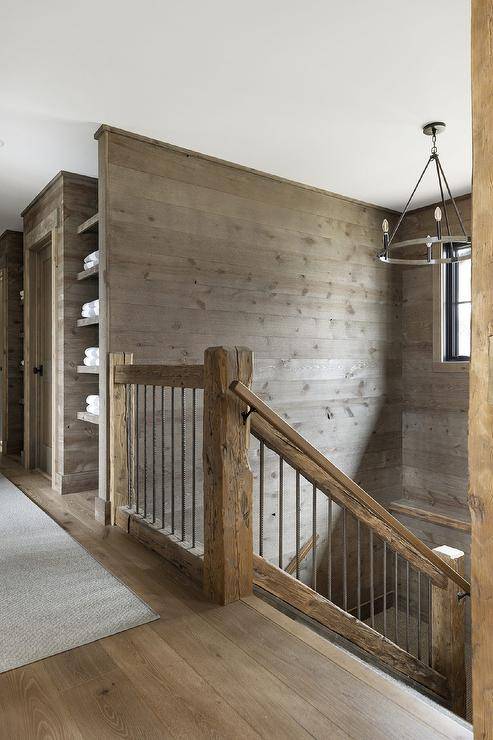
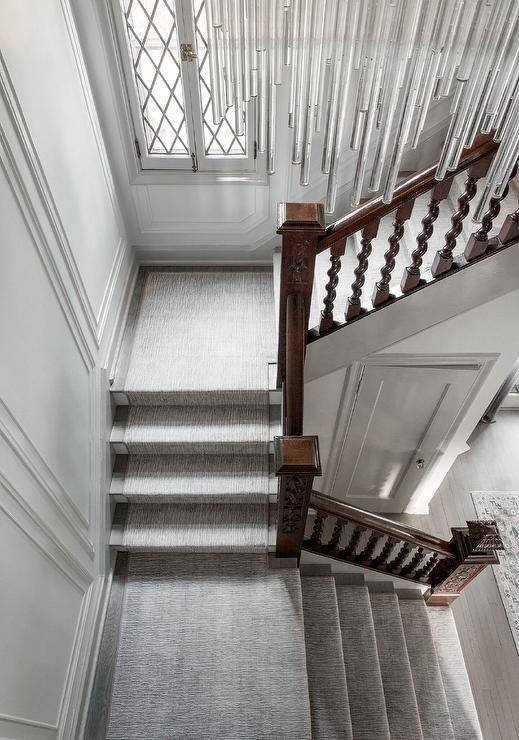
Glass Railings
Glass railings are a modern and luxurious option for staircases. They allow for an unobstructed view of the surrounding space and can make a small area appear larger and more open.
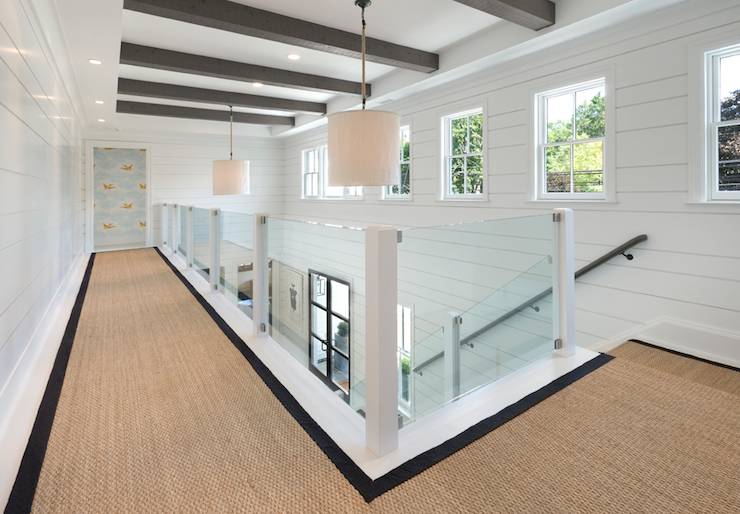
Glass railings can be frameless for a clean and seamless look, or framed with metal or wood for added support and style.
Unique Railings
For a more unique and creative approach to stair railing design, consider incorporating unconventional materials such as cable, rope, or even tree branches. Cable or rope railings can add a nautical or beachy vibe to your stairs, while tree branch railings can create a natural and organic feel.
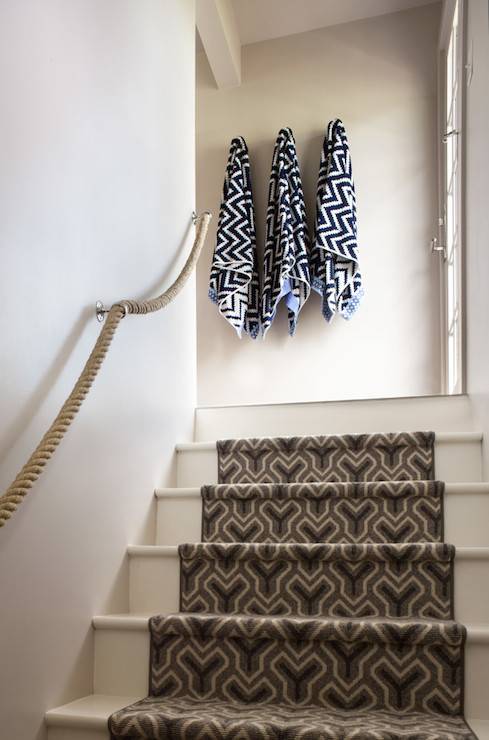
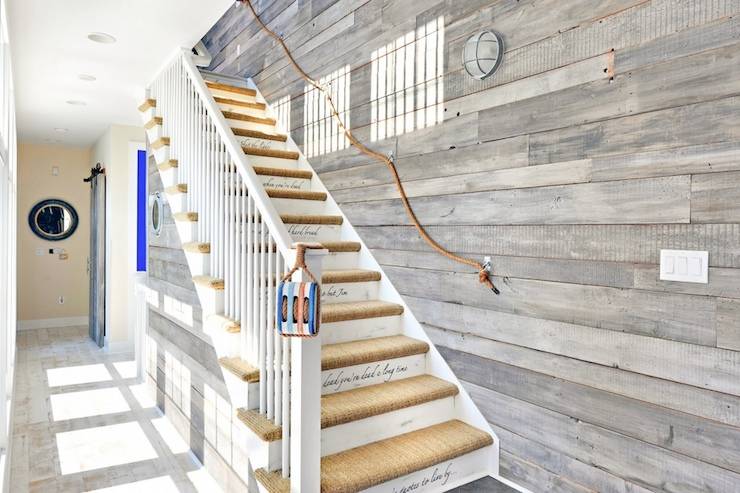
Adding Interest
Don’t forget about color and lighting when designing your stair railing. A pop of color can add personality and interest to a traditional railing, while lighting can create a dramatic and eye-catching effect. Consider integrating LED lights into your railing for a modern and energy-efficient touch.
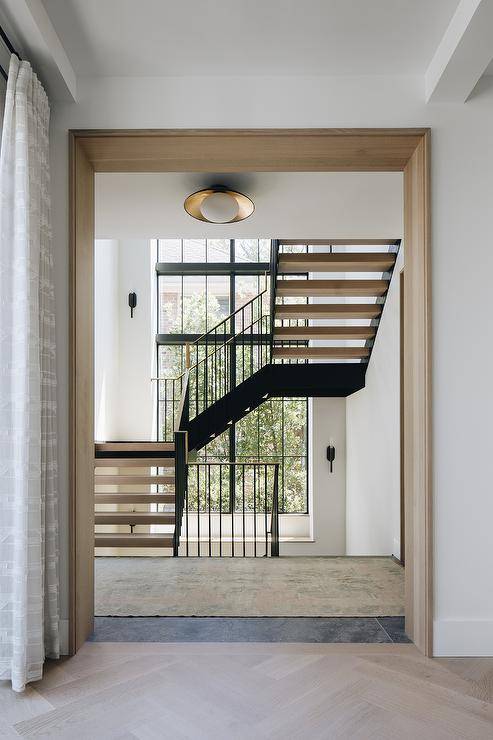
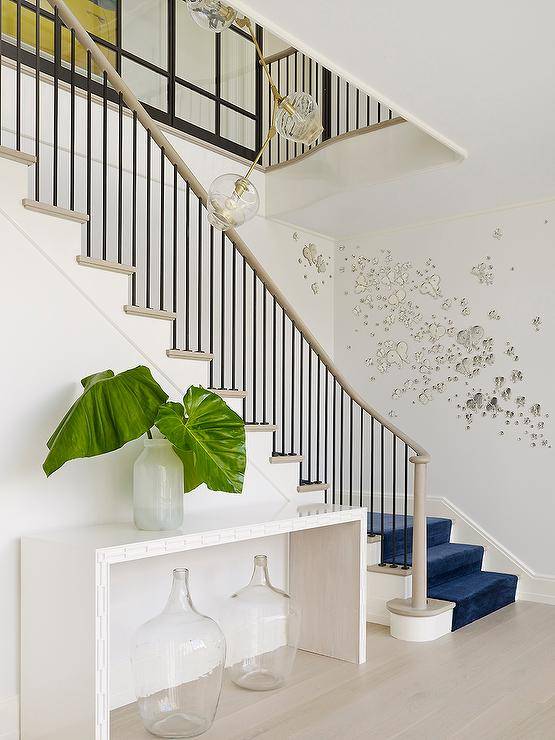
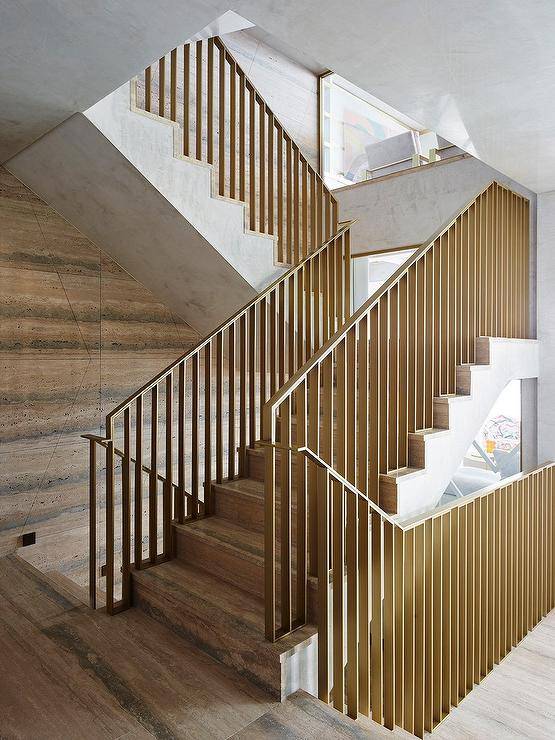
10 Design Tips for Choosing a Stair Railing
- Safety first: The primary function of a stair railing is to provide safety and support. Choose a railing that is sturdy, meets code requirements, and can support the weight of individuals using the stairs.
- Material: Consider the material of the railing. Common materials include wood, metal, and glass. Choose a material that complements the style of your home and fits within your budget.
- Style: The style of the railing should match the overall design of your home. Whether you prefer a modern, traditional, or eclectic style, choose a railing that enhances the aesthetic appeal of your home.
- Color: If you choose a wooden railing, consider staining or painting it to match the surrounding decor. If you opt for a metal railing, choose a finish that complements the surrounding decor.
- Height: The height of the railing should meet code requirements and provide adequate support. Standard height for residential stair railings is 36 inches, but this can vary based on local building codes.
- Spacing: The spacing between spindles or balusters should meet code requirements and prevent individuals from falling through the railing. The spacing should not exceed 4 inches for safety reasons.
- Lighting: Consider adding lighting to the railing to enhance visibility and safety. This can be achieved through the use of LED strips, recessed lighting, or wall-mounted fixtures.
- Durability: Choose a railing that is durable and can withstand wear and tear. This is especially important for outdoor railings that are exposed to the elements.
- Maintenance: Consider the maintenance requirements of the railing. Depending on the material, some railings may require more maintenance than others. Choose a railing that fits within your maintenance budget and schedule.
- Budget: Finally, consider your budget. While a stair railing is an important investment, it should not break the bank. Choose a railing that meets your safety, style, and budget requirements.
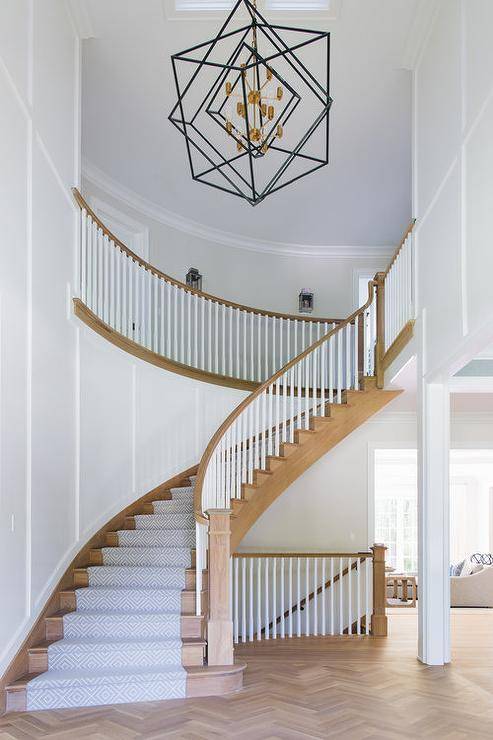
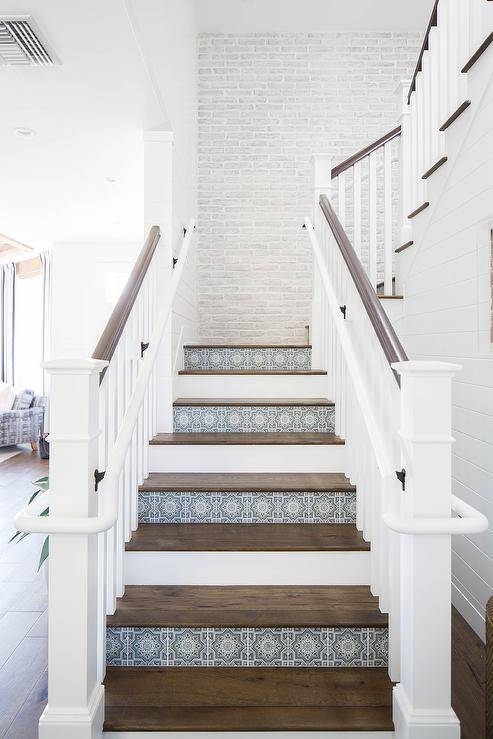
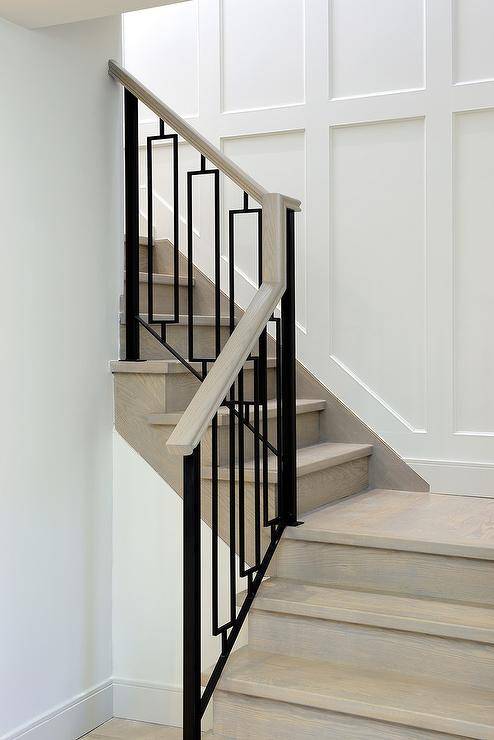
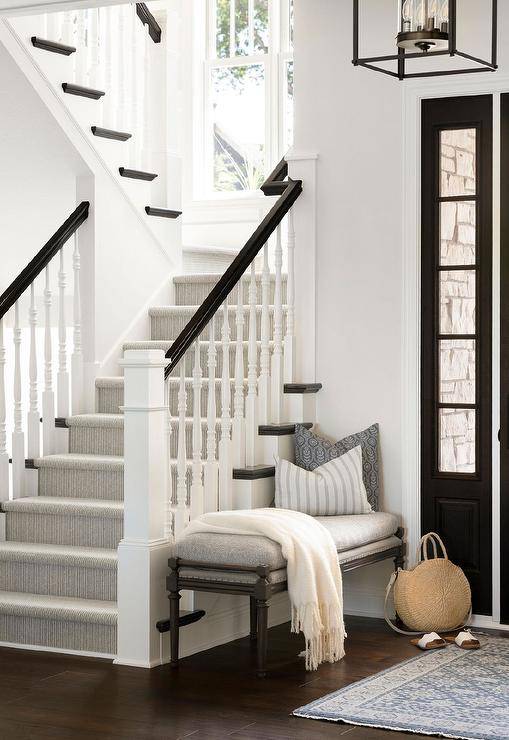
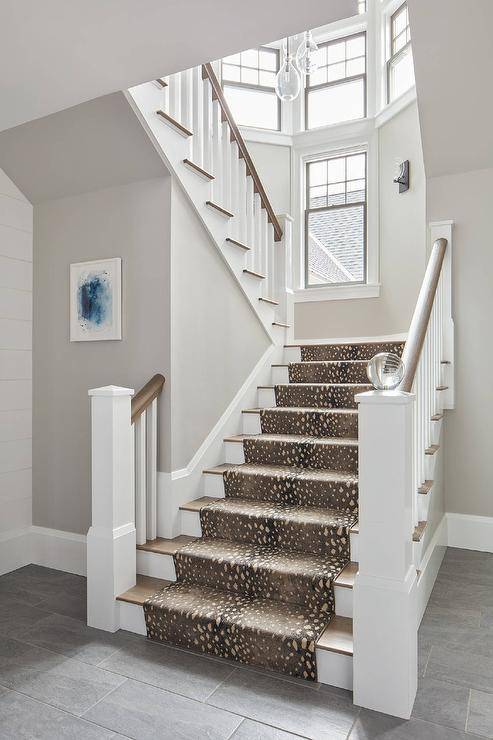
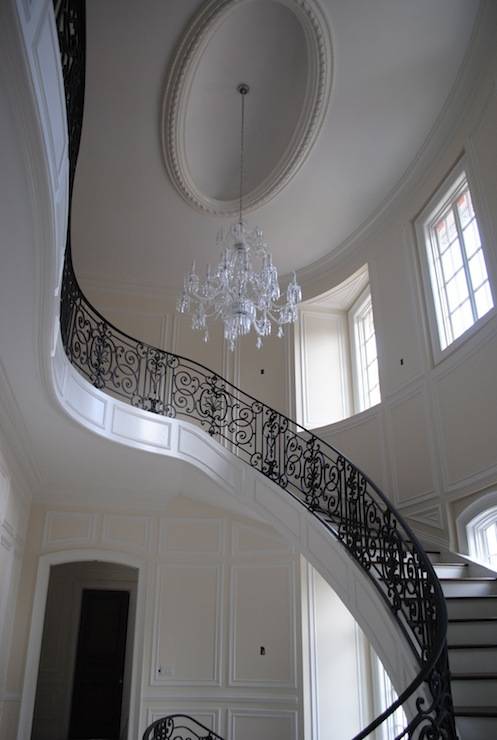
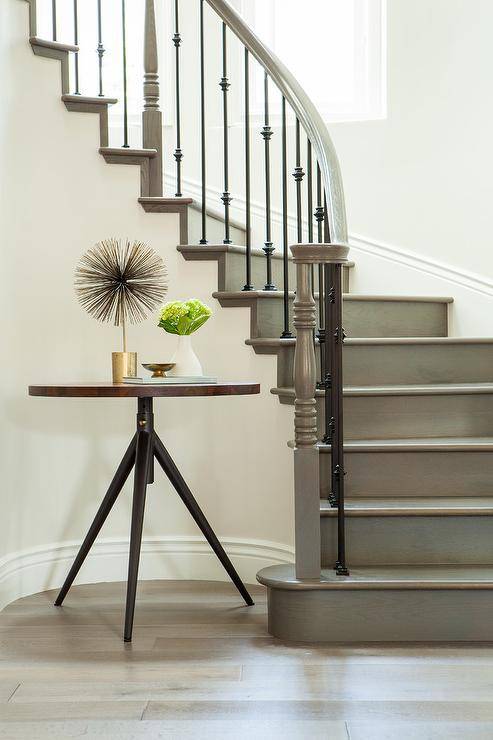
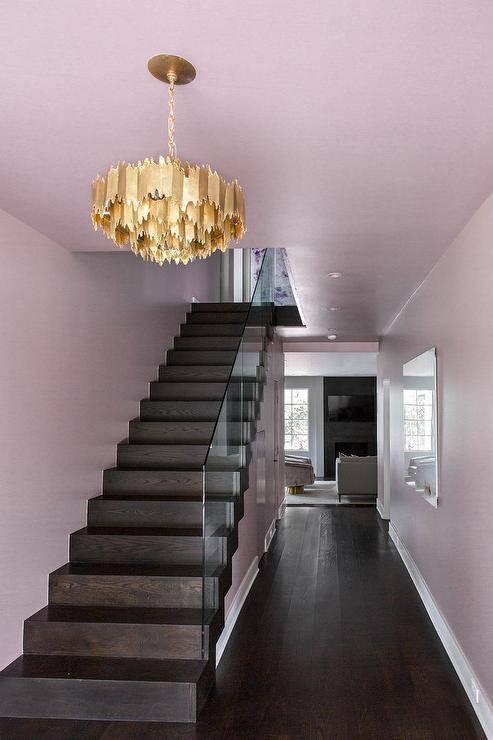
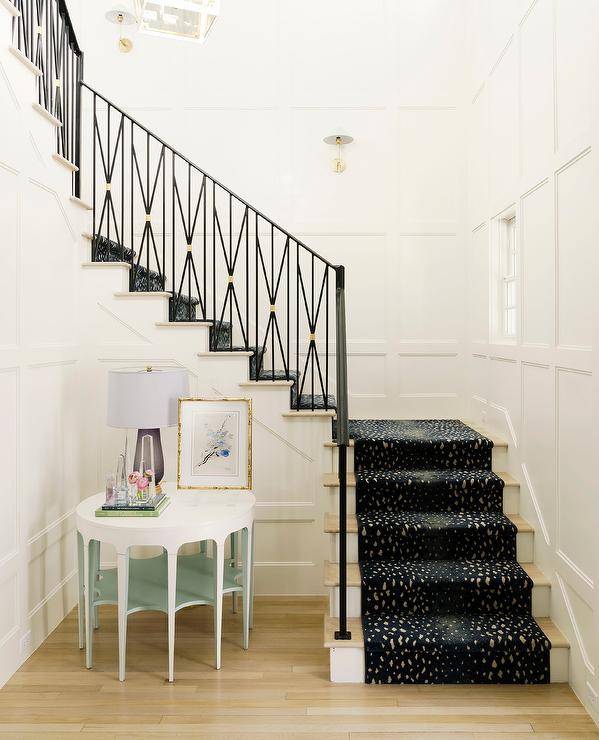
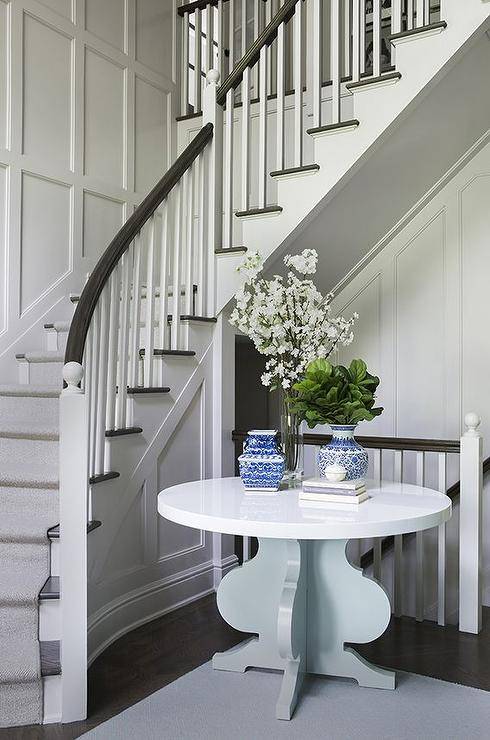
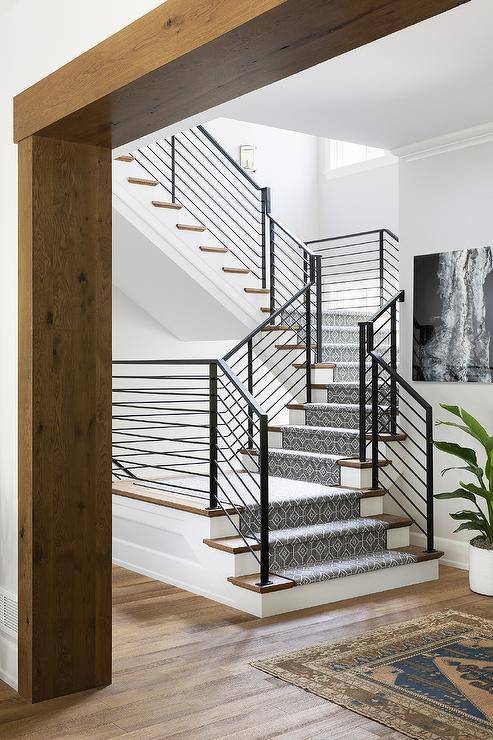
In conclusion, stair railing design is an important element in creating a functional and stylish staircase. From metal and wood to glass and unconventional materials, there are endless options for creating a unique and beautiful railing. By considering your personal style and the overall design of your home, you can choose the perfect stair railing to elevate your space.
Frequently Asked Questions (FAQs)
What materials are commonly used for stair railing designs?
The most common materials used for stair railing designs include wood, metal, glass, and cable railing.
How do I choose the right stair railing design for my home?
Consider the style of your home and the overall aesthetic you want to achieve. Look for inspiration online and consult with a professional to help you make the best decision.
Are there any building codes or regulations I need to follow when installing stair railings?
Yes, building codes and regulations vary by location and may dictate the height, spacing, and other specifications of your stair railing.
Can I install a stair railing myself or do I need to hire a professional?
It is possible to install a stair railing yourself, but it is recommended to hire a professional to ensure proper installation and compliance with building codes.
Are there any design trends in stair railings?
Yes, some popular design trends in stair railings include minimalist designs, mixed materials, and unique shapes.
How do I maintain my stair railing?
Regularly clean your stair railing with a mild cleaning solution and avoid using harsh chemicals or abrasive materials that could damage the material.
Is it possible to customize a stair railing design?
Yes, many stair railing manufacturers offer customized designs to fit your specific needs and preferences.
How much does a stair railing installation cost?
The cost of a stair railing installation depends on various factors such as the material, design, and complexity of the installation. It is recommended to get quotes from multiple professionals to find the best price.
